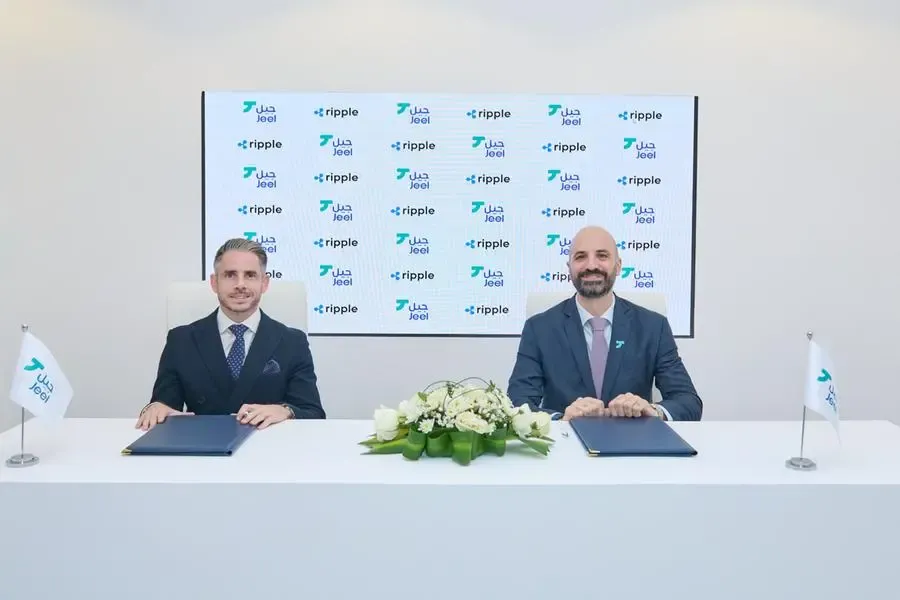Bringing Blockchain to the Masses: The Soneium & LINE Connection
At the core of this partnership is Soneium, Sony’s Layer-2 blockchain network built on Ethereum. Designed to support scalable, high-speed, and low-cost decentralized applications, Soneium launched in January 2025 and has since gained momentum in the blockchain gaming space.
On the other hand, LINE is one of Asia’s most dominant digital platforms, boasting nearly 200 million active users. It offers a wide range of services, including messaging, digital payments, and mini-apps. By integrating its mini-apps with Soneium, LINE is seamlessly bringing Web3 elements to its users without requiring them to understand complex blockchain mechanics.
This move signifies a major push toward mass Web3 adoption, leveraging LINE’s mainstream audience while utilizing Sony’s advanced blockchain infrastructure.
Four Mini-Apps Moving to Blockchain
Four of LINE’s most successful mini-app games will be integrated into the Soneium ecosystem, introducing millions of players to the benefits of blockchain gaming.
1. Sleepagotchi LITE
A fun, casual game designed for quick, rewarding daily sessions, Sleepagotchi LITE became a massive hit on Telegram, amassing over one million users in just a month. The game, which offers a simple, engaging experience without requiring sleep tracking, will now expand further through its launch on LINE via Soneium.
2. Farm Frens
Initially a top-ranking mini-game on Telegram in 2024, Farm Frens is a lighthearted farming simulator that has captured the attention of Web3 enthusiasts. Developed by Amihan Entertainment, which has raised over $10 million in funding, the game’s migration to LINE is expected to introduce a new wave of users to crypto gaming.
3. Moonveil - Puffy Match
Developed by Moonveil.gg, Puffy Match is a puzzle game designed for quick, easy-to-play sessions with built-in blockchain rewards. Moonveil, which operates a zk-L2 and AI-powered gaming ecosystem, aims to attract more players and developers through this integration. Puffy Match will serve as an entry point for casual gamers interested in on-chain rewards and Web3 gaming experiences.
4. Pocket Mob
A unique social strategy RPG, Pocket Mob lets players engage in Mafia-style battles, join families, and earn respect points—which could be redeemed for NFTs. Developed by Sonzai Labs, the creators behind @TeleMafia, this game is designed to be played within social messenger apps, bringing interactive Web3 social gaming to a broader audience.
By moving these mini-apps onto Sony’s blockchain infrastructure, this collaboration is expected to enhance gameplay experiences, provide true digital ownership, and enable new blockchain-powered rewards for users.
Accelerating Web3 Adoption with a Frictionless Experience
This partnership between Sony and LINE is designed to lower the barriers to blockchain adoption. One of the biggest challenges in Web3 gaming is onboarding traditional gamers without overwhelming them with complex crypto mechanics.
By integrating mini-apps into LINE’s existing user experience, Sony’s Soneium blockchain allows players to enjoy seamless blockchain gaming without needing prior knowledge of wallets, gas fees, or private keys. This frictionless transition is crucial for driving mass adoption of Web3 technology.
Sony Block Solutions Labs Chairman, Jun Watanabe, emphasized the importance of this initiative:
“LINE has built a strong digital presence, and integrating its successful mini-apps into the Soneium ecosystem is a natural next step. We believe this partnership will significantly drive engagement and adoption, bringing blockchain gaming to millions of new users.”
Empowering Developers and Enriching User Experience
Beyond benefiting users, this collaboration offers key advantages to developers. LINE mini-app builders will receive support from Soneium in community building, marketing, and intellectual property collaboration, enabling them to grow and monetize their games more effectively.
This initiative is expected to:
- Encourage more developers to build blockchain-enabled mini-games
- Expand the gaming ecosystem within LINE and Soneium
- Help traditional game studios transition to Web3 with ease
By creating an accessible, developer-friendly environment, Sony and LINE are laying the foundation for a robust blockchain gaming future.
A New Era for Blockchain Gaming
The integration of LINE’s popular mini-app games into Sony’s Soneium blockchain is a major milestone for Web3 gaming. By leveraging LINE’s vast user base and Sony’s blockchain infrastructure, this partnership ensures that millions of players can experience the benefits of blockchain technology without disrupting their familiar gaming experience.
With this collaboration, Sony and LINE are proving that Web3 gaming can be mainstream, ushering in a new era of digital entertainment where ownership, transparency, and decentralization are at the core of gaming experiences.
As blockchain gaming continues to evolve, partnerships like this could set a precedent for future Web2 and Web3 integrations, making blockchain an everyday part of digital entertainment.




